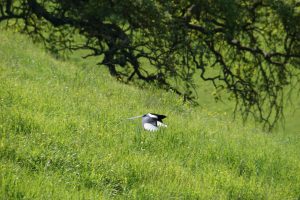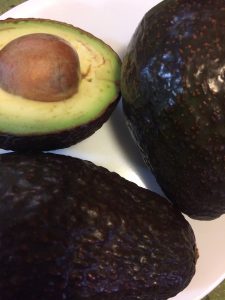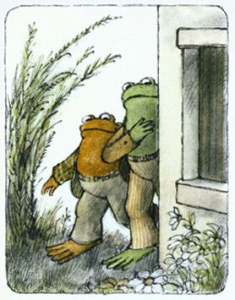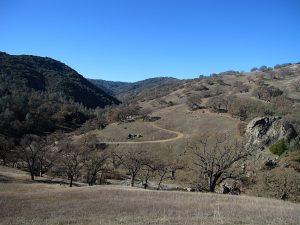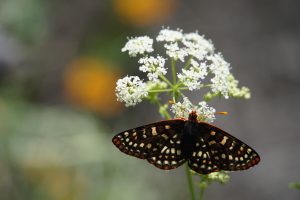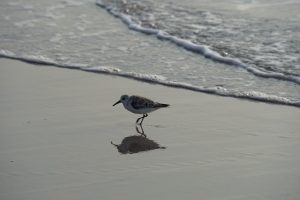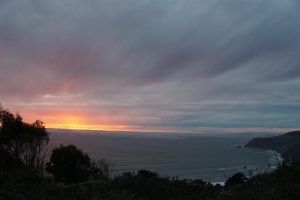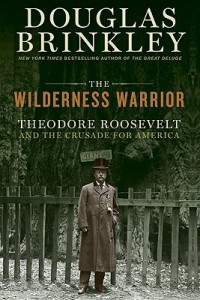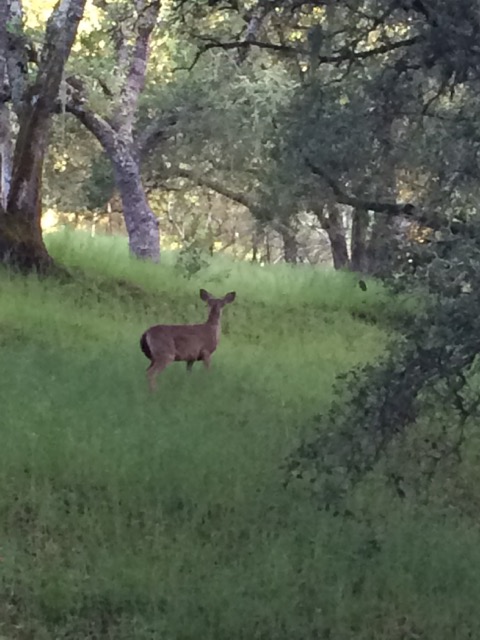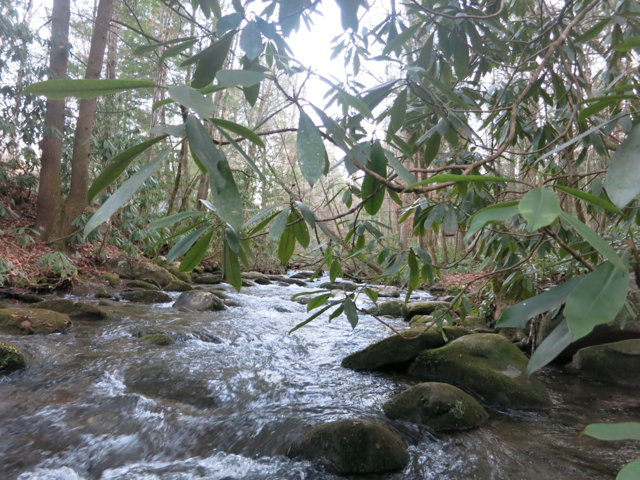On Monday, I visited the dentist’s office. Mundane, I know, but bear with me. My dentist’s assistant, Marilyn, is a kind and compassionate woman who greets me with soft and welcoming words. I sat in the big dentist chair and waited for the dentist to come, and it suddenly occurred to me that Marilyn plays a small role in the drama of my life. I come into her office in the midst of my hectic rushing-about life, blowing in through the door like some wind of confusion. The intense energy of me pauses for these few moments on her chair, then moves out through door, corridor, waiting room, main door, and parking lot to continue its rushing about in the world, attempting to do no harm. And to me, that is all Marilyn is: these few moments of respite from rushing about while waiting for the dentist to come, her few kind words, the gentle touch of her hand.
Now this may come as a surprise, but Marilyn too lives a full and whole life. She does not exist in the dentist’s office solely to greet me once or twice a year and assist briefly in my care. To her, patients come and go, playing small roles in the drama of her life, which encompasses her relationships, thoughts, feelings, emotions, confusions, moments of happiness and moments of sadness, her own probable attempt to move through the world while doing no harm. In her life, I play a minor and probably somewhat inconsequential part, a tiny burst of wind and energy, now here, now gone, making room for another patient to come through the door.
Shocking, right?
As a teen, I often imagined us humans as bubbles floating through life. Some bubbles never touch, but some get to stop together for a while and interact so that for at least a few moments the bubbles nearly overlap. I still love walking after dark in the street and imagining how people live behind their curtained (or sometimes open) windows, living their bubble-life.
So yes, I am not the center of the universe. And most likely neither are you, even if you believe you are. It’s our minds that play this trick on us, pretending to be important and one-of-a-kind, filled with illusions about how everyone else is thinking about us, and how they act on purpose to affect us. How everything moves forward in the world to either accommodate us or hinder us.
Some years ago, a friend recommended I read a parenting book which, translated from the Hebrew, was titled Fly Little Bird. One of the points which struck me in the book was the idea that as a child becomes an adolescent, we parents find our place shifts away from being center-stage in our children’s lives. Instead, they are now the main actor, the ones in the limelight, and we are relegated to a smaller role. This, the author implied, was how it should be, the normal and healthy way for our children to grow up. I remember reading this all those years ago and thinking how true this was. When a baby is bo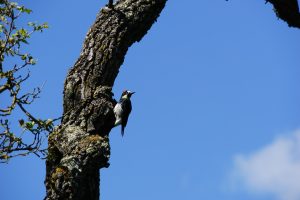 rn, mom and dad are the most important figures in her life. She is totally dependent on them for nearly every need, her safety, health, nourishment, entertainment, warmth, even movement. But as she grows into a toddler, she becomes gradually more independent. She can now eat on her own, move herself from an unpleasant situation on her own, remove a layer of clothing if she’s too hot, or put one on, start using the bathroom independently, and more.
rn, mom and dad are the most important figures in her life. She is totally dependent on them for nearly every need, her safety, health, nourishment, entertainment, warmth, even movement. But as she grows into a toddler, she becomes gradually more independent. She can now eat on her own, move herself from an unpleasant situation on her own, remove a layer of clothing if she’s too hot, or put one on, start using the bathroom independently, and more.
Then, seemingly overnight, the baby turns into a teenager, surprising the heck out of most parents I’ve met. Whatever role we had in their life is turned on its head. Some of the changes I’m finding in my teens are: they don’t want to eat my food, they don’t want to go places with me, they’re not interested in talking to me, they get mad if I don’t do what they ask, they decide what they’re going to wear or what they’re doing, and more: friends, how much water they’re drinking or not, whether to get boba tea 4 or 7 times a week, which movies or series to watch, what music to listen to, whether a full stop at a stop sign is necessary and with what speed to merge on the freeway. Crazy decisions, normal decisions, important decisions, everyday decisions, critical-to-the-continuation-of-life decisions. And I am (mostly) out of the picture, or just peeking in through the window, wondering about the bubble of their life and whether I’ll get to interact with them again after they turn 25.
It’s not necessarily easy or simple to accept that I am not center stage in Marilyn’s life, but it’s ridiculously hard to consider that from now on, while I’ll always play some role in my kids’ life, it is actually my job to set them free and allow them to fly.
Time to move out of the limelight, Sigal.
Curiously, I think some people would not agree with me. Many of us parents identify so deeply with being a parent that we really believe our children belong to us, are a part of us, and that all they do reflects directly on us. Some of us might believe that it is our responsibility and our duty to make sure that our children end up productive members of society, good and upright people, honest, successful and happy. Sounds seductive, doesn’t it? But do we really have this much control over another person’s life?
What I think is the truth sounds a lot less lovely than this, for it affirms the fact that we no longer have control over how our teenagers will turn out (and that perhaps the control we thought we exerted before was also an illusion). These newly-minted human beings are walking their own path, with a lot of minor actors in the drama of their lives of which we are only one or two. We can be present to them and as available as possible if they need us. We can be supportive and loving. We can hope and pray that we have given them a good foundation, that the schools we chose gave a good foundation, and that the choices they make now moving forward will be good ones. But no matter how much we try, we cannot make those choices for them, and definitely not for long. Not in a way that will, in fact, promote their happiness.
And so we let go and trust.
We set them free to be their own center stage and allow them to figure out on their own the fact that they too are not the center of the universe. (A humbling and wonderful insight which I wish on us all).
And we pray that they survive this crazy teenaged time.
So fly little birds. Mamma’s in the nest in case you need to find a safe place to land. But from now on you’re responsible for your own worms and direction in life.
Man, admitting that is hard.
May the Force of love, compassion, patience, and inner fortitude be with us all.

